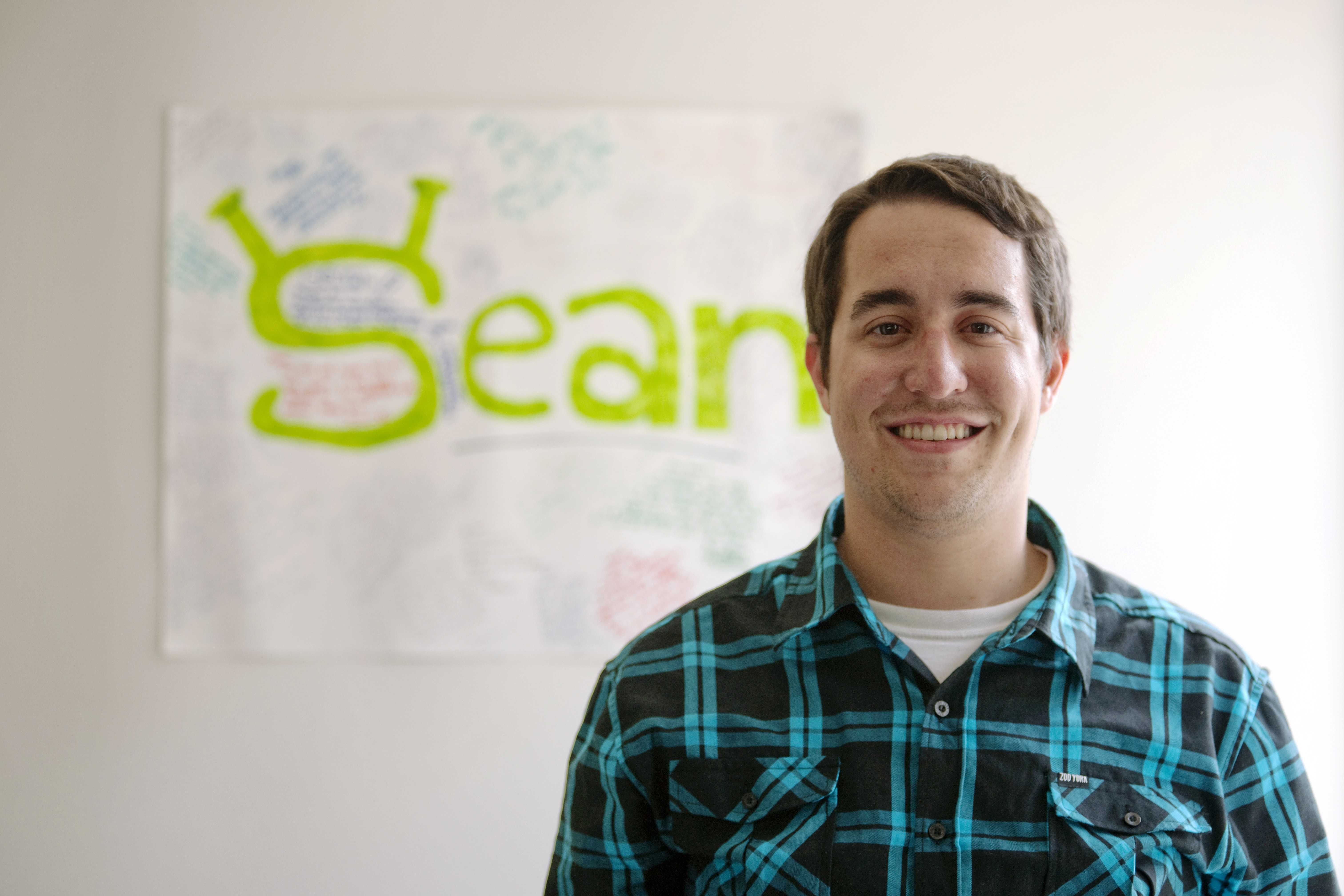Sean Pattison didn’t have a story.
Or at least it felt that way, entering the Orientation Program last summer as a counselor. He was suddenly open to the broadest cross section of UCLA imaginable.
Then his comfortable background seemed like an exception.
“These people have gone through so much in their lives,” Pattison remembers thinking. “And I haven’t.”
He grew up 45 minutes away in La Mirada in Los Angeles County, which he described as a small, family-oriented town. His parents and younger brother loaded up a tent-trailer every summer for two weeks of camping around the western states. Traumatic experiences are scarce in his childhood.
Which is not a bad thing, Pattison acknowledged. Still, he felt self-consciously sheltered. His high school honors program was fairly homogeneous ethnically, and few kids had divorced or absent parents.
Orientation opened his eyes, he said. Pattison’s fellow counselors had a lot to say, and his interaction with students became about more than academic advising.
On day one of orientation, groups of virtual strangers sit down to share personal stories. Tell us something about yourself that a person wouldn’t know by looking at you, the question went.
Pattison usually talked about his Mathematics for Teaching major. The degree has put him on track to teach math in underperforming high schools.
Then he listened as his students stepped out of comfort zones by sharing stories about life challenges and personal identity. Not everyone participated. As the summer went on, however, Pattison grew more convinced that the telling of stories about identity allows people to reach out to one another.
To help foster stronger campus conversation, Pattison plans to change the way he leads orientation groups and structures conversations.
One idea is to introduce a “privileged circle,” where students circle up and respond to a series of questions about identity by stepping forward. The questions start out casually ““ “If you like baseball, step in the circle” ““ and increase in intimacy, to “If you have ever had an eating disorder, step in the circle.” The conversation opens up from there.
Through encouraging stories, Pattison has reached a realization about his own.
“I know it’s cliched,” he said. “But everything I’ve seen at UCLA creates a story.”
